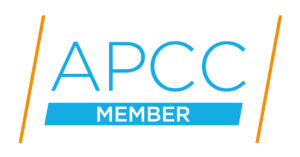Release Date: 9th October 2014
To access the original FCA document, click here.
Summary
The Financial Conduct Authority (FCA) has imposed fines and industry bans on David Gillespie and David Welsby, the former Managing Director and Finance Director of Pritchard Stockbrokers Limited, respectively. They were penalised for their failure to adequately protect client money, a fundamental regulatory requirement. Due to severe financial hardship demonstrated by the individuals, the fines were substantially reduced to £10,500 for Gillespie and £14,000 for Welsby from potential penalties of £144,000 and £72,000.
Pritchard Stockbrokers itself was censured and would have faced a fine of £4,932,600, had it not entered Special Administration on 9 March 2012. This administration was necessitated by the firm’s insolvency, precipitated by the reckless financial practices of its directors. The mismanagement included the misuse of client funds to cover business expenses and insufficient funding of client accounts, leading to a significant shortfall of approximately £3 million.
The directors’ misconduct was particularly marked by their reliance on an undocumented offshore facility to manage client funds, which was inappropriately counted as a client money resource. This malpractice not only breached the FCA’s client money rules (CASS) but also resulted in considerable consumer detriment.
Key Takeaways for Other Firms:
- Strict Compliance with CASS Rules: Ensure rigorous adherence to FCA regulations concerning the segregation and handling of client money.
- Transparent Reporting: Promptly inform the FCA about any discrepancies or shortfalls in client money to avoid regulatory breaches and ensure transparency.
- Verification of Financial Arrangements: Thoroughly verify and document any external financial arrangements used in the management of client funds to ensure they are permissible and transparent.
- Diligence in Directorial Oversight: Directors must exercise diligent oversight and not rely solely on assurances from others regarding critical financial practices.
- Maintaining Adequate Financial Controls: Establish and maintain robust internal controls to prevent the misuse of client funds and ensure all financial activities are compliant with regulatory standards.
These practices are critical for maintaining trust, ensuring compliance, and safeguarding the interests of clients within the financial services industry.












